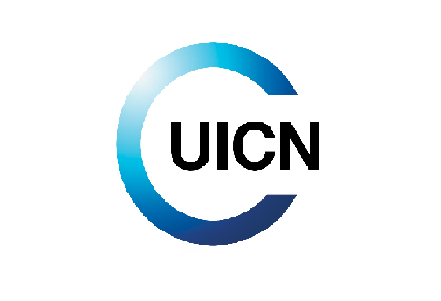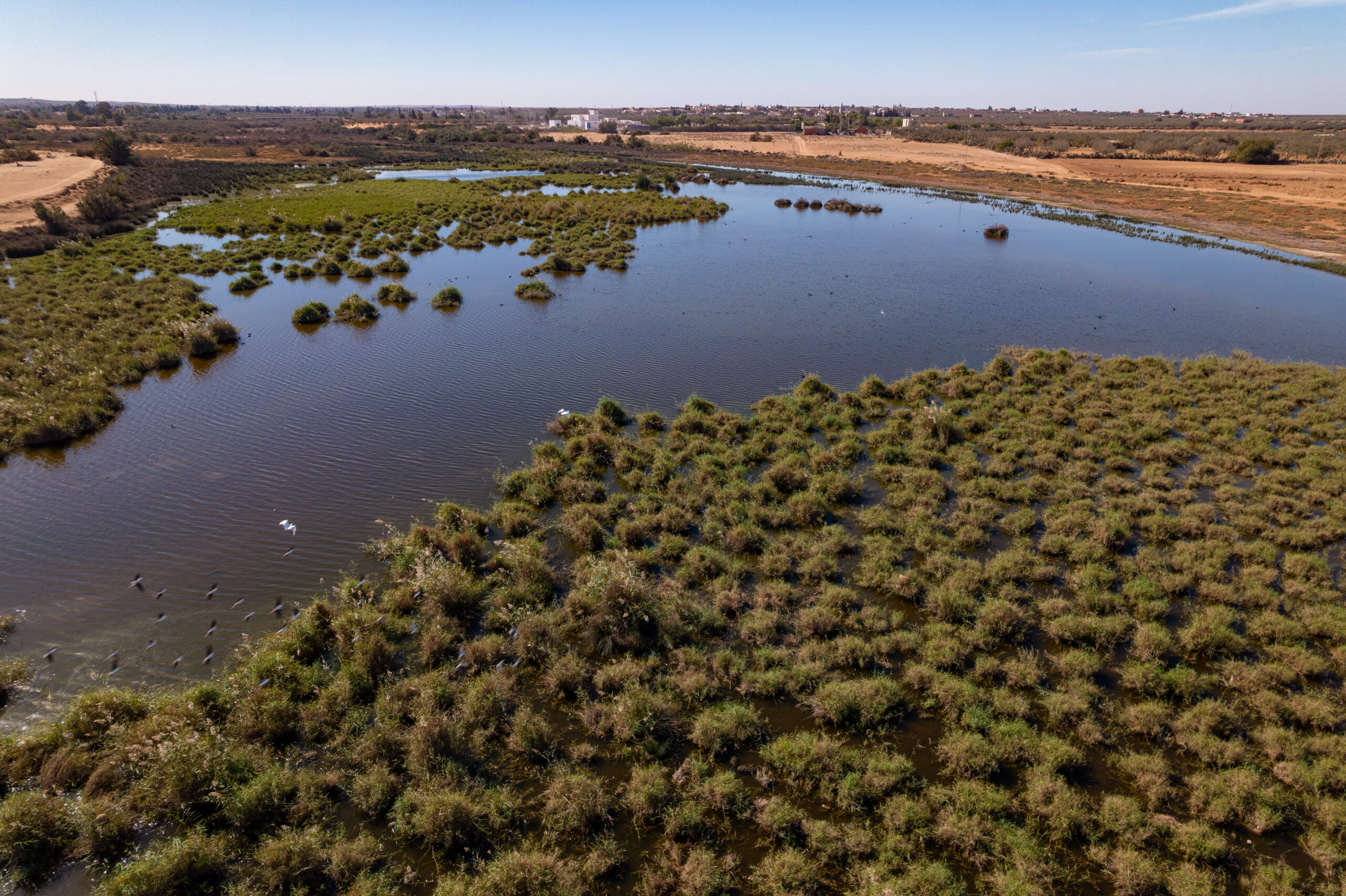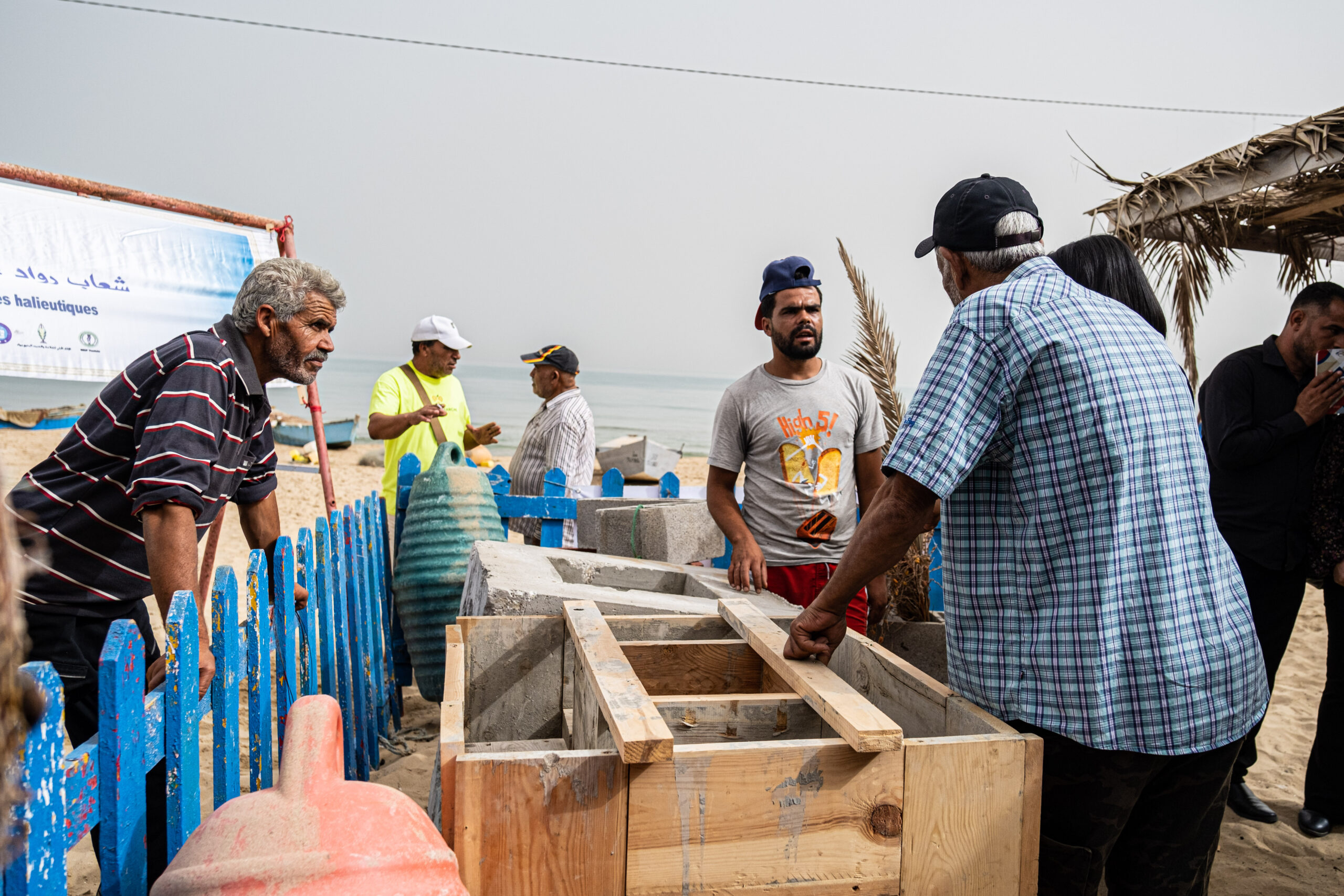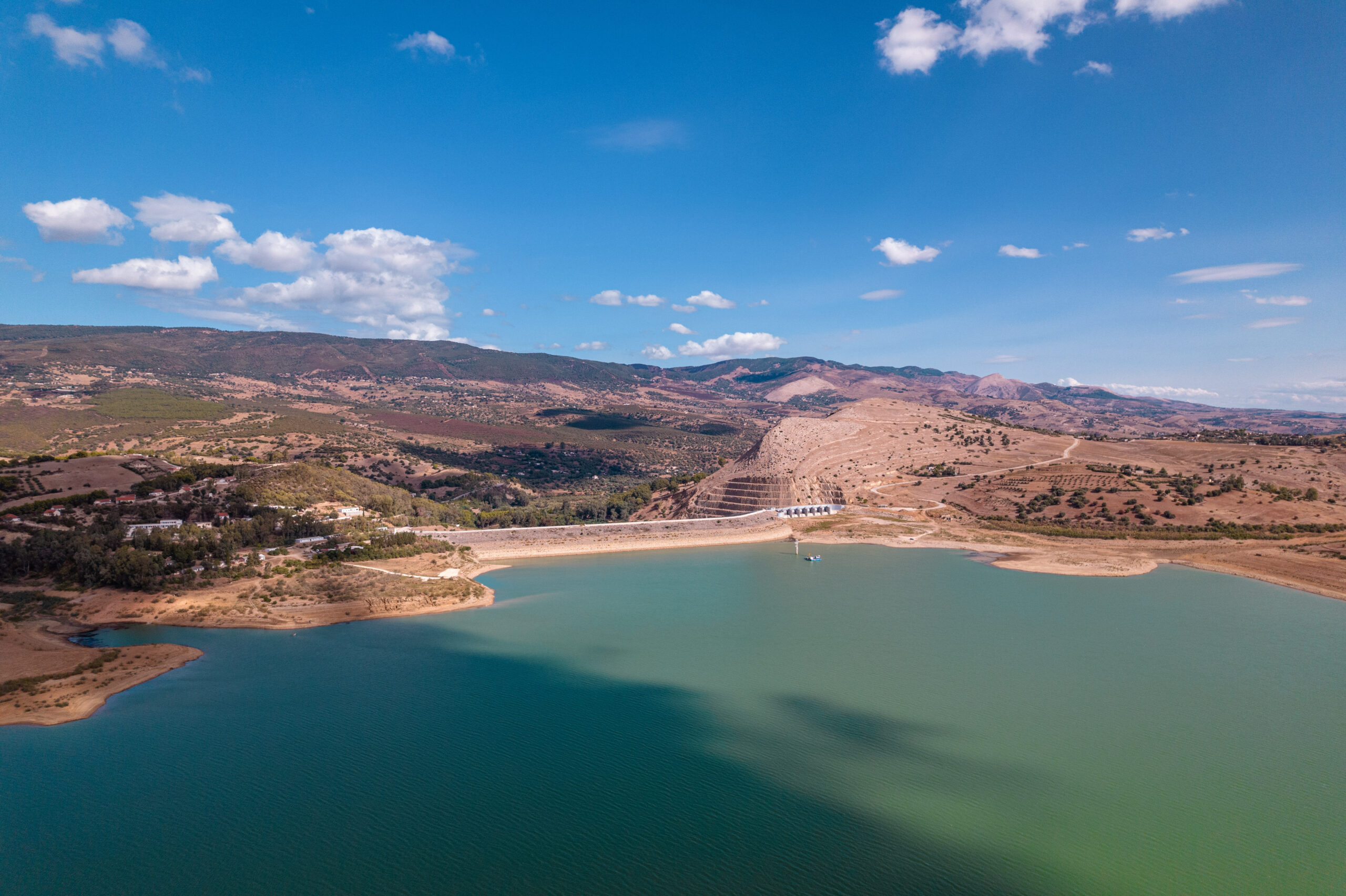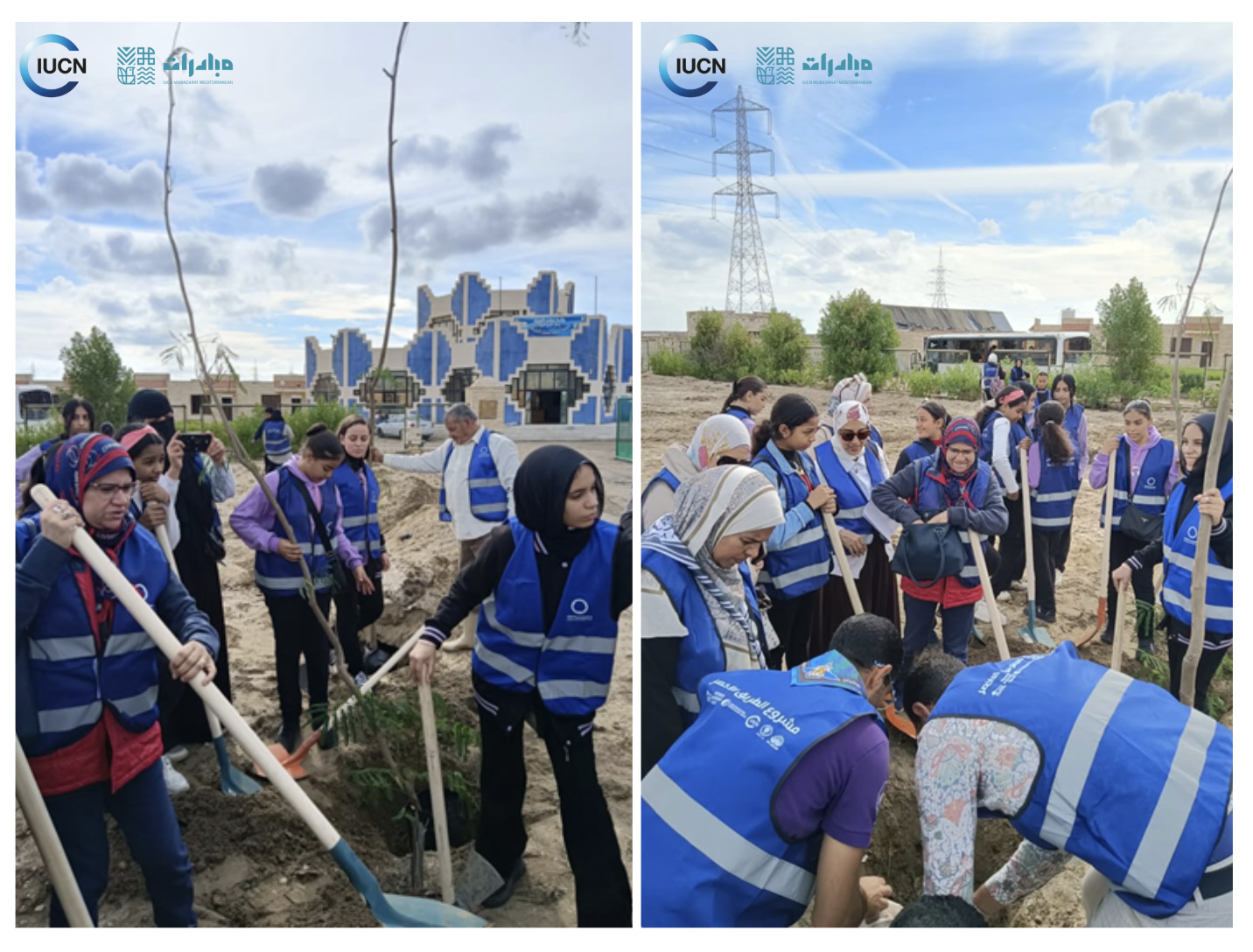The Tunisian Association for Energy, Water, and Environment (AT3E), established in 2015 in Kebili, Tunisia, is dedicated to promoting sustainable development in the region. It works through innovative projects to raise awareness about good practices in natural resource management and to guide farmers and citizens towards innovative techniques in energy, irrigation, and waste management.
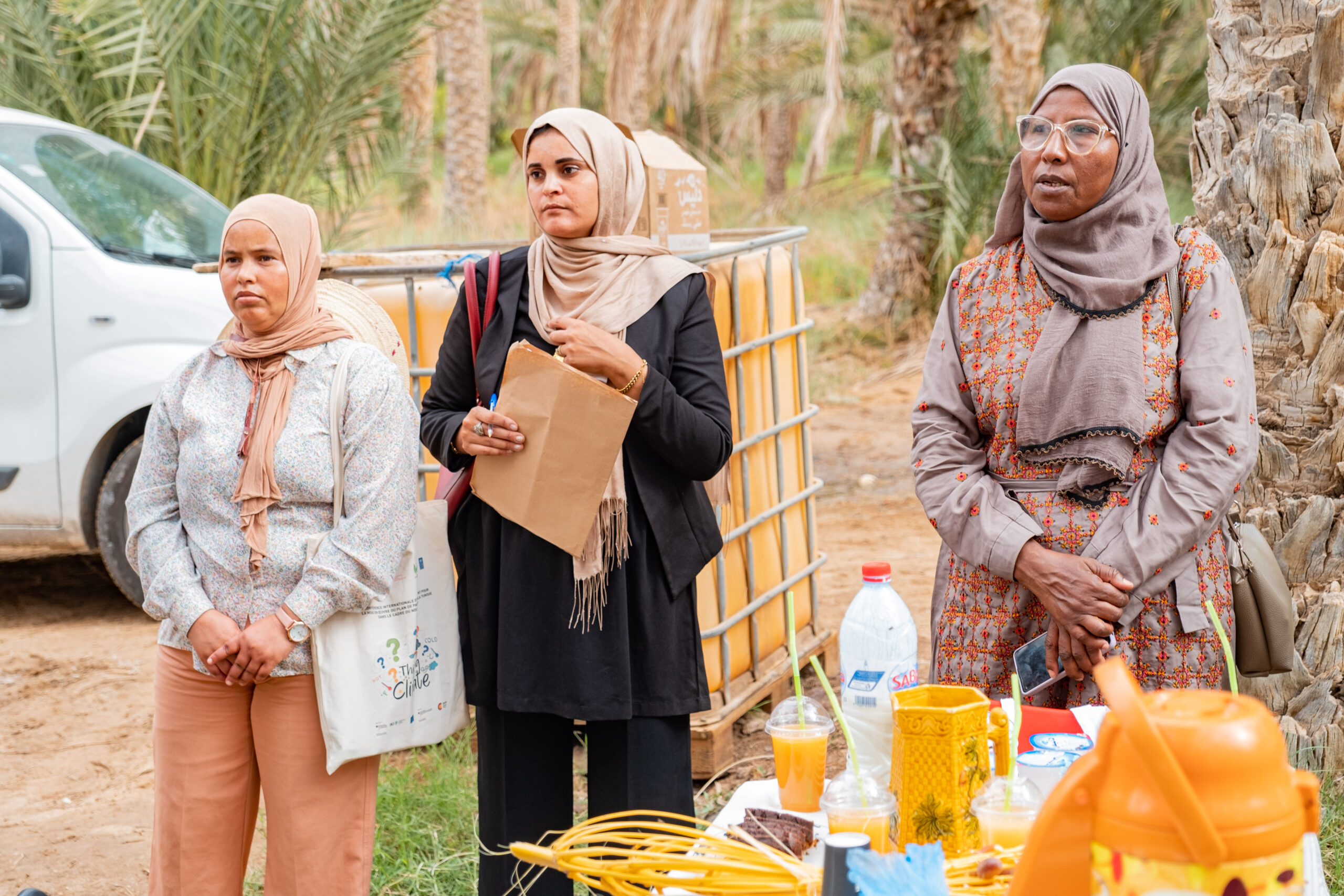
Kebili is globally known for its date palm cultivation, the main source of income for farmers in the region. However, Tunisian oases face significant environmental and economic challenges, including groundwater depletion, palm tree pests, and loss of biodiversity. The spread of a devastating palm tree mite in recent years poses a serious threat to farmers in Kebili.
The association’s PPI OSCAN project aims to restore oasis ecosystems and protect their biodiversity by assessing the damage caused by the spread of this date palm pest. It plans to improve date production in terms of quality and quantity by teaching traditional techniques to 30 farmers from 4 Agricultural Development Groups (GDA) in the governorate of Kebili. The training workshops will provide farmers with a set of practical information, tools, and advice on applying palm tree management techniques as well as necessary cultural and phytosanitary care.
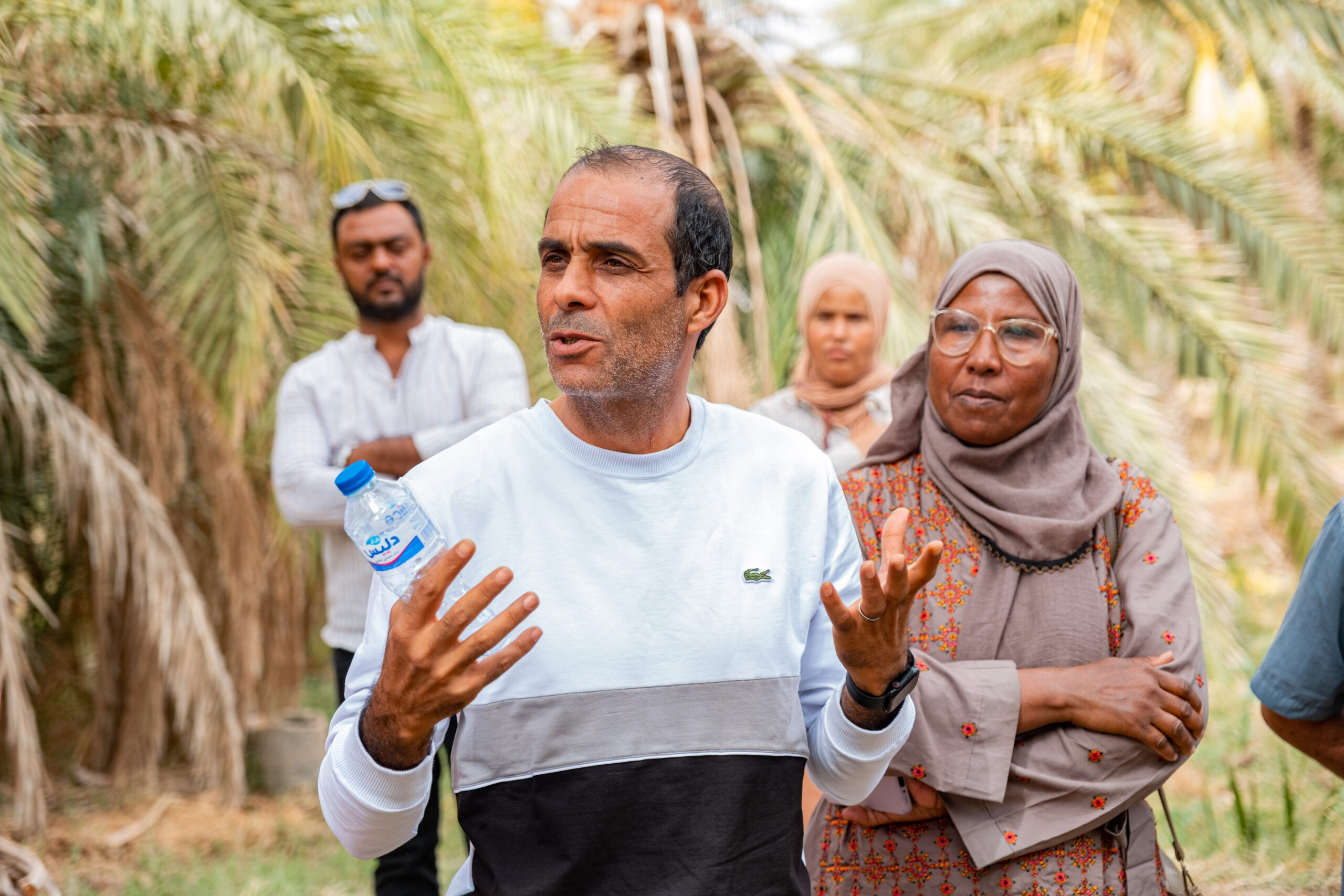
By merging agricultural and environmental dimensions, this project contributes to biodiversity conservation while improving the living conditions of indigenous communities. It stands as a noble endeavor, fostering sustainable development in the heart of the Kebili region.
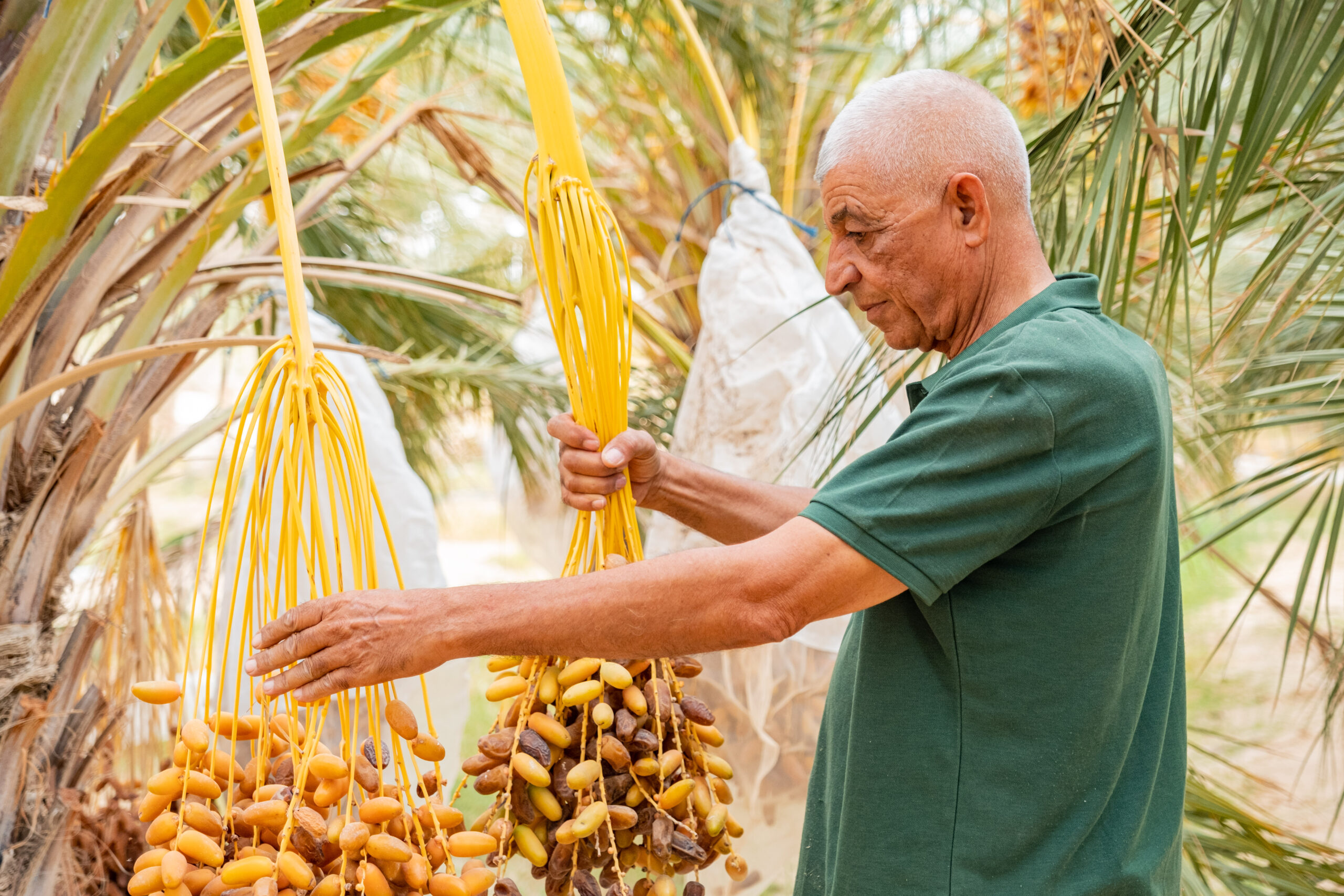
This project is implemented as part of the third phase of the Small-Scale Initiatives Program for North African CSOs (PPI OSCAN), coordinated by the IUCN Mediterranean Cooperation Center, and funded by the French Global Environment Facility (FFEM), the MAVA Foundation, and the Sigrid Rausing Trust. The funded projects aim to conserve species and ecosystems with remarkable biodiversity and to highlight the benefits of conservation and sustainable livelihoods. To learn more about the PPI OSCAN 3 projects: Projects – MUBADARAT).
